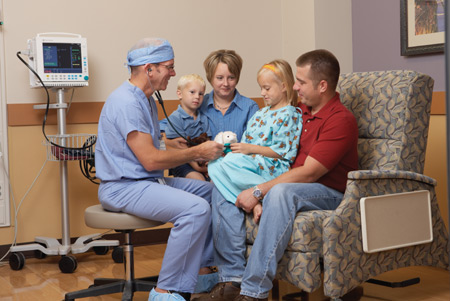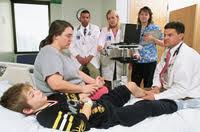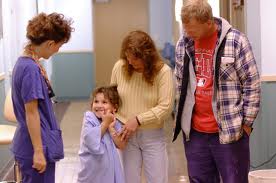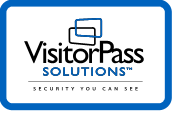Patient and Family Centered Care
What is Patient and Family Centered Care?
- Respect and Dignity - Health care practitioners listen to and honor patient and family perspectives and choices. Patient and family knowledge, values, beliefs and cultural backgrounds are incorporated into the planning and delivery of care.
- Information Sharing - Health care practitioners communicate and share complete and unbiased information with patients and families in ways that are affirming and useful. Patients and families receive timely, complete, and accurate information in order to effectively participate in care and decision-making.
- Participation - Patients and families are encouraged and supported in participating in care and decision-making at the level they choose.
- Collaboration - Patients and families are also included on an institution-wide basis. Health care leaders collaborate with patients and families in policy and program development, implementation, and evaluation; in health care facility design; and in professional education, as well as in the delivery of care.



Patient and Family Centered Care is NOT "just an option"
The elevation of the patient to partner is not a ceremonial title bestowed for a "feel good" moment, but has significant implications for the quality and safety of patient care.
When it comes to their health, patients often do not act alone on their behalf, but their health care decisions are intertwined with those closest to them - their family members and others to who they are emotionally tied.
Family, then is the third part of the triumvirate in the health care partnership.
According to the Joint Commission Standard RI.01.01.01, "The hospital respects the patient's right to participate in decisions about his or her care, treatment, and services. The hospital accommodates the patient's right to the presence of a family member, friend, or other designated advocate 24 hours a day, 7 days a week.
"My first admission to the adult hospital after spending 5 years in the children's hospital did not go well. I am a quadriplegic and I not only want my parents to spend the night - I need them to spend the night. I was told that is not how we do things over here. We now go to a different hospital that allows my parents to spend the night with me."


Why Security Directors should embrace Patient and Family Centered Care...
- The family's role as a partner of the care giving team will continue to expand
- 24/7 family presence in the patient room is or will soon be the norm
- Failing to get on board will leave Security looking like they are obstructionists, instead of team players
- Studies show that unimpeded family presence reduces stress and anxiety
- Families improve patient safety and can reduce the level of agitation in patients suffering from delirium
- Families provide the first line of defense against security concerns such as theft, assault, and infant abduction
“Most of the time Security believes the staff’s version of a story or disagreement and hardly gets any family input. I never understood what it was like to be in the hospital or have a sick child. I was unable to see things completely from the family side. After working with families, now I can see things from the other side. I understand a little better what emotions the families are going through. I can see where our staff can be wrong and their attitude or tone of voice can set someone off.
To see and hear families’ testimony makes me put things in perspective. The stress, lack of sleep, work life, balancing life with other siblings of the patient. This can lead to irritability, lack of patience, and conflict which is when I have to intervene.”
- Security Guard from C.S. MOTT Children's and Women's Hospital


